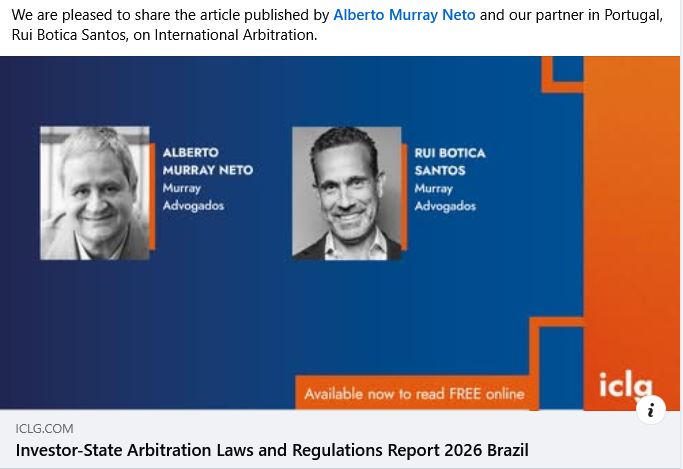Steelmaker’s plan includes selling stake in infrastructure unit and control of cement in 202
01/20/2026
Companhia Siderúrgica Nacional (CSN) said on Wednesday (14) it plans to sell assets, including control of its cement business and a stake in the group’s infrastructure arm, to reduce leverage by between R$15 billion and R$18 billion. The plan was approved by the board of directors with the aim of definitively lowering the group’s debt level. The strategy calls for asset disposals starting in 2026, with the estimated proceeds equivalent to about half of current debt.
The initiative is part of a broader plan to reorganize the company’s capital structure and allow greater focus on businesses considered more profitable. Management expects that, with the execution of the strategy, CSN will be able to double EBITDA (earnings before interest, taxes, depreciation and amortization) within eight years and reach leverage considered sustainable, at around 1 time the net debt/EBITDA ratio. The news moved the company’s shares, which closed the session down 3.12% at R$9.95.
Based on the maximum estimated value of the sales, the group’s leverage would fall from about 3.14 times to 1.83 time, according to pro forma projections.
According to chairman Benjamin Steinbruch, the decision marks the most relevant moment for the company to structurally address its leverage problem. “We don’t have bad companies, but we are living in an economic environment with stratospheric interest rates and competition from imported products, which undermines growth and investment,” he said.
According to the executive, despite expectations of price improvements and lower production costs, especially in iron ore, CSN chose to bring forward tougher decisions to strengthen its balance sheet. “We are going to solve CSN’s leverage once and for all. We have never committed ourselves in such an objective and pragmatic way for this to happen,” Steinbruch said.
Without providing many details, CFO and investor relations director Marco Rabello said the plan is to sell a minority but “relevant” stake in CSN Infraestrutura and seek the sale of control of CSN Cimentos. According to Rabello, asset disposals will be selective and focused on businesses that can unlock value quickly.
“We will make a relevant sale of a stake in CSN Infraestrutura still in 2026. In the short term, the plan for CSN Cimentos is to seek the sale of control in 2026,” he said.
There is no decision on whether the sale will be total or only a majority stake. For BTG analysts, when it comes to asset sales, as always, the plan will depend on future market conditions and valuation discussions, which could prove complicated.
For CSN Siderurgia, the company rules out a direct sale and is betting on forming strategic partnerships as a way to reduce debt. The energy arm will be kept in the portfolio, as it delivers returns with profitability above 30%.
The decision comes as CSN seeks to reinforce financial discipline amid a challenging environment for the steel sector, marked by price volatility, increased international competition and pressure on margins.
CSN Mineração will be excluded from the divestment package. CSN holds nearly a 70% stake and does not want to sell any portion to raise funds. The company ranks among the world’s seven largest iron ore exporters and, according to executives, the asset maintains high operational performance with margins above 40%.
For Artur Bontempo, principal iron ore and steel analyst at consultancy Wood Mackenzie, CSN’s strategy involves a spin-off of the infrastructure area without losing control, using the sale of stakes as a deleveraging tool. The move allows debt reduction without giving up strategic assets and creates room to direct capital to higher-margin projects.
“The point is to make investments viable and expand mining’s access to capital to complete relevant projects. In steelmaking, the trend is for lower direct investment by CSN. Brazil’s steelmaking park is old and requires modernization, and these investments should come from strategic partners, especially Asian or European groups, bringing capital and technology,” he said.
The announcement did not necessarily take the market by surprise, as leverage has long been a known issue and the company has been moving to dispose of non-strategic assets. The first step was the sale of 11% of MRS to CMIN for R$3.35 billion in 2025.
*By Robson Rodrigues — São Paulo
Source: Valor International
https://valorinternational.globo.com/

